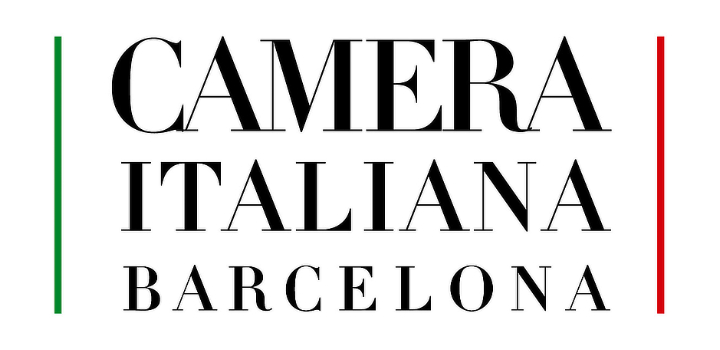Choosing a wine is like starting a conversation with the bottle. Although its appearance can capture our attention, it’s the information on the label which actually guides us to the right choice. Beyond the attractive design, the labels reveal essential details about the wine.
In order to correctly understand a wine label, it is essential to pay attention to 7 key aspects that will help you to make an informed choice suited to your tastes. Also, we’ll explore some key points that a translation service should consider when adapting wine labelling for other countries.
1. Brand or product name
The wine label is its identity card, and the name of the product can be full of history, symbolism and meaning. It often refers to the history of the winery, cultural or geographical elements, or the winemaking process. Some names are descriptive and focus on the grape or winemaking style, while others seek to convey emotions or tell a story, all with the intention of creating an emotional connection with the consumer.
Translating wine labelling can be a challenge, especially when there is a play on words or figures of speech that make up the winery’s marketing strategy. In these cases, the translator can turn to the back label to clarify meanings and ensure that the consumer understands the message.
2. Appellation of origin
This specification indicates the wine-growing region where the wine was produced and is related to the regulations on grape varieties, cultivation methods and winemaking.
The geographical and climatic conditions of each region directly influence the taste of the wine. For example, wines from mountainous areas tend to be more acidic, while those from warm regions tend to be fruitier and have a higher alcoholic content.
On labels, this information is given in the original language and is sometimes abbreviated as P.D.O (Protected Designation of Origin) o P.G.I. (Protected Geographical Indication).
3. Grape variety
Wines can be made from a single grape variety (monovarietal) or a blend of several (multivarietal), which can add complexity. Each grape contributes unique aromatic and taste profiles, influencing aspects such as acidity, body and tannins, which are key factors in choosing a wine according to your preferences.
There is European legislation that defines which names of grape varieties can appear on the label, a point of reference that translators should be aware of and consult when working with wine labelling. At BBLTranslation, our specialised translations service takes this legislation into account to ensure that the translation is accurate and complies with local regulations.
4. Vintage or harvest year
The vintage indicates the year in which the grapes were harvested, and the climatic conditions of that year can significantly influence the wine’s quality. Factors such as drought or excessive rain affect ripening, sugar levels, tannins and acidity, which in turn can raise the price of an exceptional vintage and its final quality.
In Spain, this information is accompanied by data on the ageing period in barrel and bottle, which classifies the wine as Vino Joven, Crianza, Reserva or Gran Reserva, according to the guidelines of the regulatory council and the winery of origin.
5. Alcoholic strength and sugar content
The alcoholic strength indicates the percentage of alcohol in the wine, which generally varies between 11% and 15%. Wines with lower alcohol content (11-12%) tend to be lighter, while those with higher alcohol content (13-15%) tend to be more intense and warmer on the palate.
Alcoholic strength is also related to the concentration of sugar in the grapes during harvest, which increases in hot climates. Furthermore, the sugar content influences the food and wine pairing, helping to select the right wine for the dish which it will be drank with.
In addition, sugar can soften acidity, making the wine more palatable or, with time, some sweet wines can even develop layers of complexity that balance the sugar with other components.
6. Producer or winery
The name of the producer or winery on the label is key to understanding the identity of the wine. Knowing the producer gives you an idea of their reputation, winemaking tradition and quality associated with their brand. Some wineries are known for their high-end wines, while others specialise in affordable or innovative wines.
Oftentimes, the back label provides a brief description of the winery’s history, the winemaking process and the philosophy behind the wine, providing valuable information to the consumer. When translating this information, it is essential that the translator preserves the reputation of the producer and conveys the philosophy of the winery in a clear and effective manner. Specialised translations in this sector guarantee that this information is communicated correctly in each language.
7. Certifications and seals of quality
Seals of quality or certifications indicate that the wine has met certain standards established by regulatory organisations. There are also seals that certify sustainable or ecological practices in wine production, such as organic or biodynamic wines. An error in the translation of these can cause confusion and irregularities when it comes to selling the product in the market.
These certifications are a guarantee that the wine complies with certain processes and quality controls, giving consumers some peace of mind. They also help to identify wines that respect the winemaking traditions of their region or that are produced under specific sustainability criteria.
Conclusion
We have learned that wine labels contain valuable pieces of information, allowing consumers to make informed decisions before they buy. Each element on the label gives you a clue to what the wine will taste like, allowing you to anticipate the experience you’ll have when uncorking the bottle and choose the product that best meets your expectations.
If you want to guarantee that the information on your label is translated correctly, complies with the regulations of the country in which you want to sell it and your product reach the largest number of consumers possible, contact us at BBLTranslation to receive translation services and marketing strategies adapted to your needs and audience.





